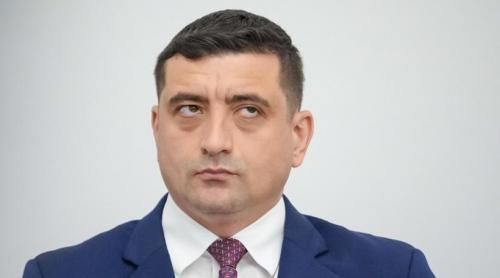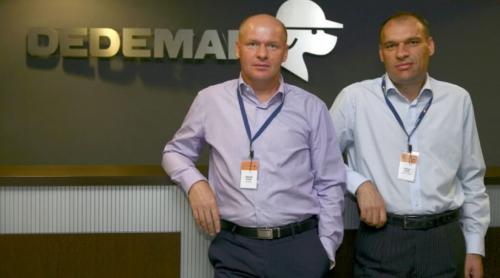
It seems Romania holds an international record: it has seven major intelligence and counter-intelligence services.
It seems Romania holds an international record: it has seven major intelligence and counter-intelligence services.Countries like Germany, France, Norway, Sweden, Canada, Iran, Japan and India have only three; Italy, Belgium, Spain, The Netherlands, Denmark, the Czech Republic, Hungary, Poland, Bulgaria, Brazil, New Zealand, Pakistan have only two such services.
Switzerland, Egypt, Finland, Estonia, Greece, Slovenia, Serbia, and Singapore have only one intelligence service.
The size of Romanian intelligence services is also out of proportion: the Counter-Intelligence Service sSRIt employs 12,000 officers, while DST, its French counterpart, employs 6,000. And France has double the population of Romania. "So what!" some people in Romania told me: secret services cannot rule the game now, in Romania, which has a free press. Oh, but it can.
Look at Russia, also holding a free press, where secret services make the rules of the game more than they did during the communist era. The Russian president and half of his government are former KGB members. According to data collected by Novaia Gazeta, and reprinted by the Center for the Future of Russia in the United States, over 6,000 members of the central and local administration are nominally identified as former KGB staff.
Germany would not have embarked on a democratic path while harboring former GESTAPO members at its helm. Why does Romania have so many intelligence services at a time when it is already a member of NATO and it will soon be one of the European Union, hence it is surrounded by friends, not enemies?
The answer is that when it comes to the intelligence community, Romania still looks to the East. It is quite normal; former Securitate members know only the Soviet style of leading a country by and with intelligence services, which dominate the political and economic life. When the Russian Parliament rebelled against Yeltzin, in 1993, he did not use political means to counter it. He deployed the military force of the secret services and asked them to take over the Parliament building and arrest the dissentients. Post-communist governments in Romania also chose the intelligence services over democracy. In 1990, SRI manufactured leaflets with extreme-right messages which were pinned on the opposition parties, the National Liberal Party and the National Peasant Christian Democrat Party, to raise the electoral following for the left-leaning Front for National Salvation.
SRI is also responsible for mustering the support for the miners which came to Bucharest several times to exert political pressure in the early 90s. In 1991, SRI destroyed tons of secret documents of the former Securitate, at Berevoiesti, to protect the identity of former officers who made it to the highest political ranks. The Romanian intelligence service, as well as the Russian ones, did not do away with their custom of illegally recording phone conversations they deployed during the communist era.
On 13 May 1996, SRI Capt. Constantin Bucur, scared by the scale on which illegal phone tapping took place, presented in a press-conference such tapes.
"From my tapping-booth alone SRI was conducting 1,600 phone tapping per year," said Bucur.
He estimated that phone calls recorded around the country by the counter-intelligence service far exceeded the 840 the SRI admitted it conducted with judicial approval.
While the intelligence service in the ministry of interior conducts the same type of activities there. When personalities like Horia-Roman Patapievici and Marius Oprea dared to criticize these methods, they were criticized in their turn. The size and number of the intelligence services in Romania place a serious burden on its budget which badly needs the money for things like health care, pensions and other social issues. This time, these services continue to curtail political supervision with having their own financial resources, as they did at the time I was working for the Securitate.
The seven intelligence services preserve an outdated look for Romania. It is high time for the Romanian Executive and Parliament to create a government system that is compatible with that of the NATO member countries.
Translated by ANCA PADURARU
Citește pe Antena3.ro

















